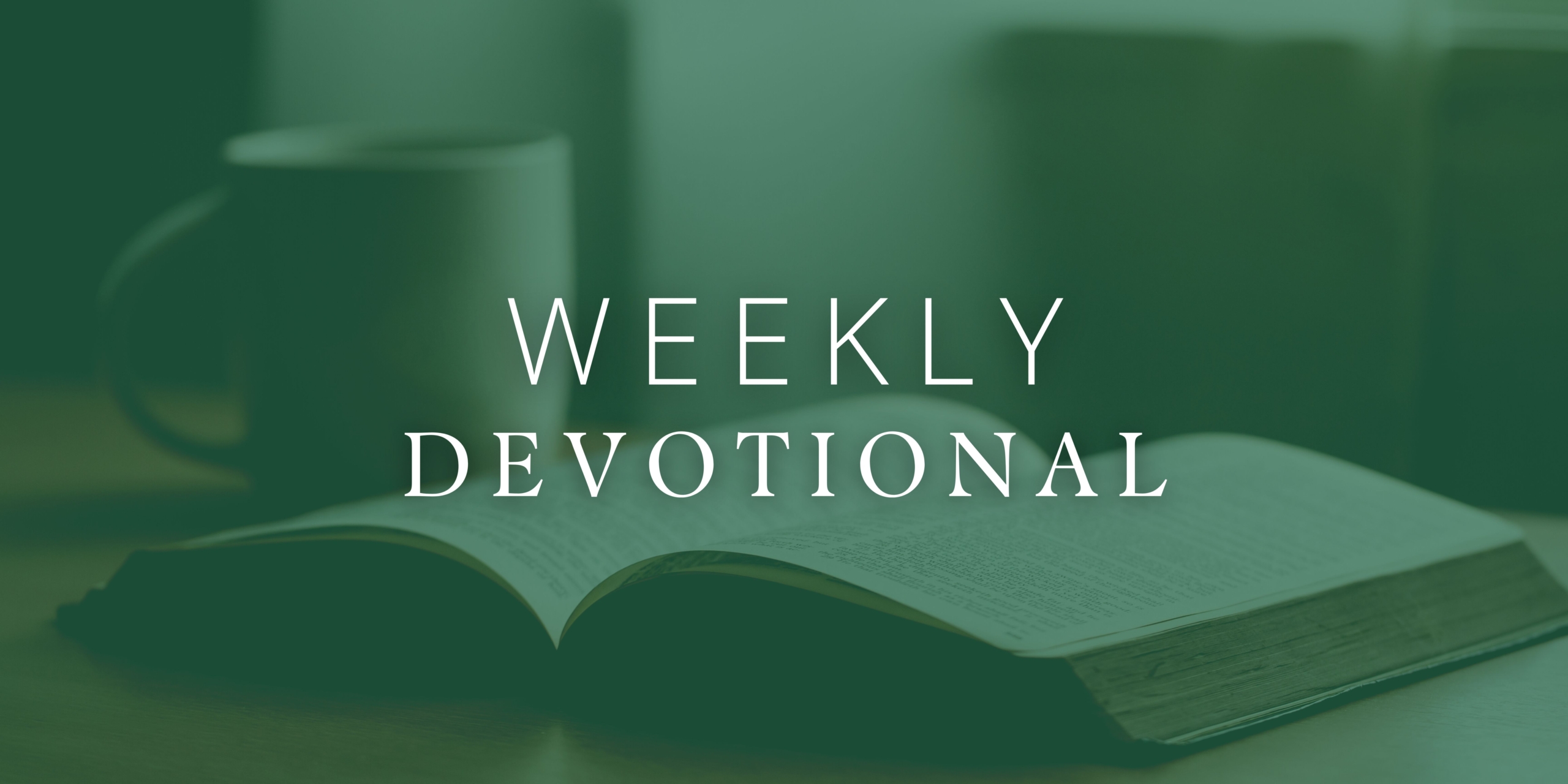“You were called to freedom, brothers and sisters; only don’t let this freedom be an opportunity to indulge your selfish impulses, but serve each other through love. All the Law has been fulfilled in a single statement: Love your neighbor as yourself.” —Galatians 5:13-14
Written by Melissa Thach
Have you ever heard someone use a word and wonder what they meant by it? Or heard a word used so many times that it lost its meaning? There’s a great scene in the movie The Princess Bride where one character keeps saying “INCONCEIVABLE” and another character finally replies, “you keep using that word, I do not think it means what you think it means.”
I often feel like that when I hear the word freedom. Freedom is a tricky word because it means something different to everyone depending on their context and experience. The celebration of Independence Day in Hawai‘i brings those conflicting experiences of freedom center stage. As a community that gathers on land originally stewarded by Native Hawaiians, we acknowledge and hold the tension of the freedom (sovereignty) taken from Native Hawaiians to govern their land with the celebration of the United States’ freedom from British rule. As a community of faith, there is room for both experiences. We must remember that the freedom Paul wrote about in Galatians is not dependent on any nation state or political ideal. The freedom for which Christ has set us free is the freedom to love one another. And love makes room for the sorrow of people who mourn what they lost, and the celebration of people thankful for what they’ve overcome.
As Paul warned the Galatians not to let freedom go to their heads, so too we must be mindful that our idea of freedom must align with Christ’s command to love one another. Any form of freedom that does not put our neighbor’s wellbeing at the same level as our own is inconceivable






